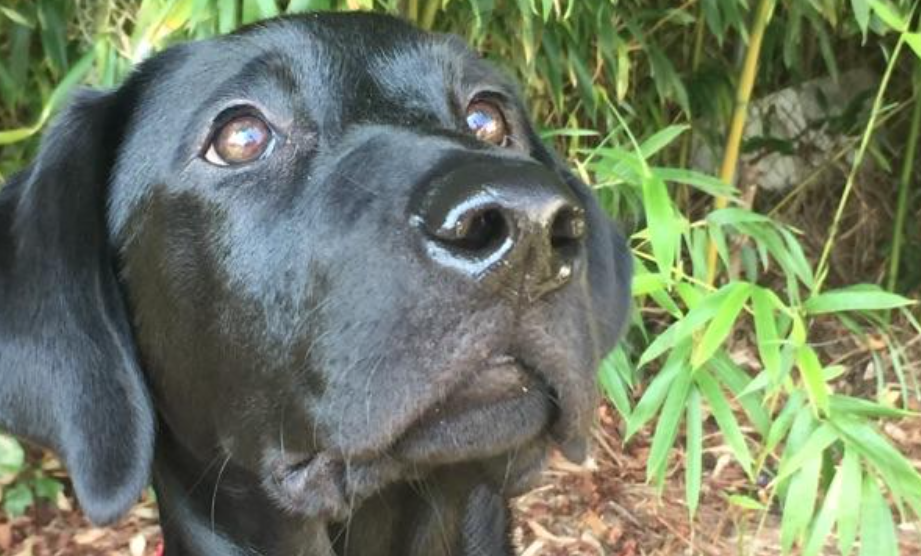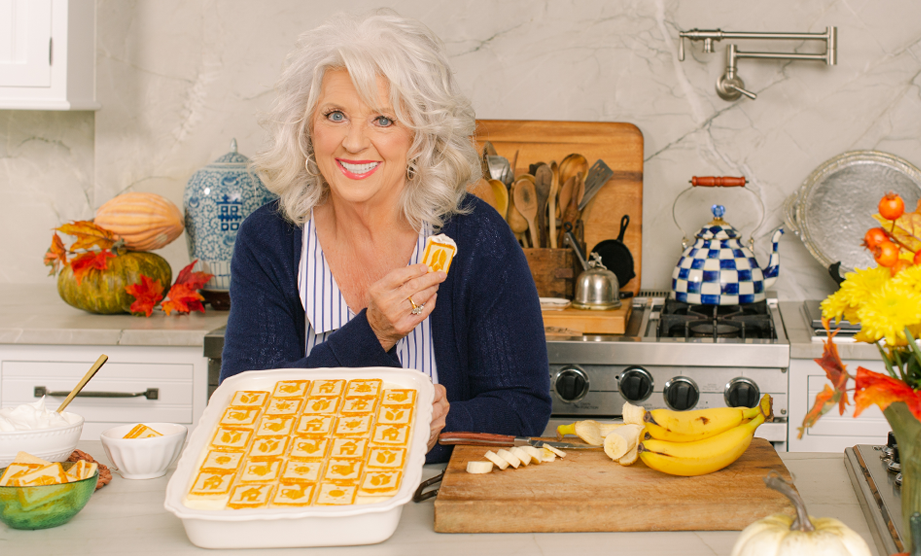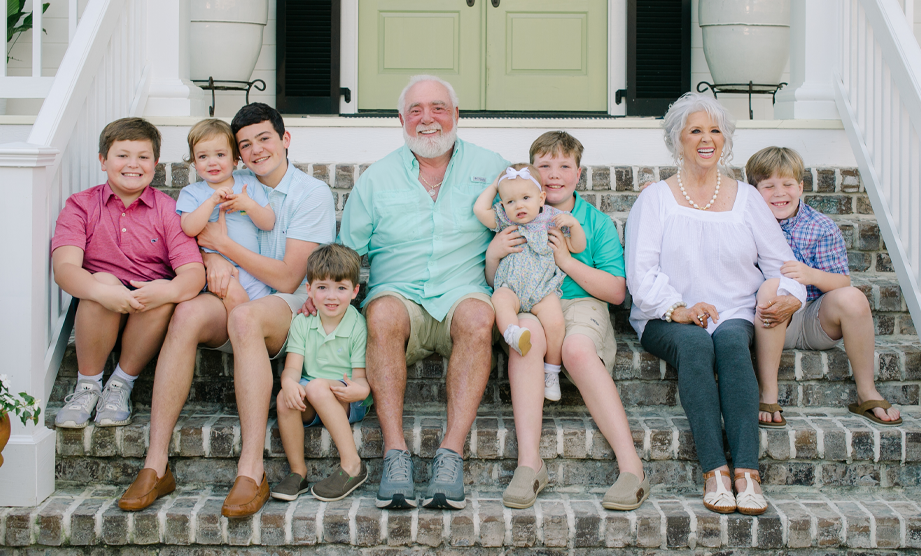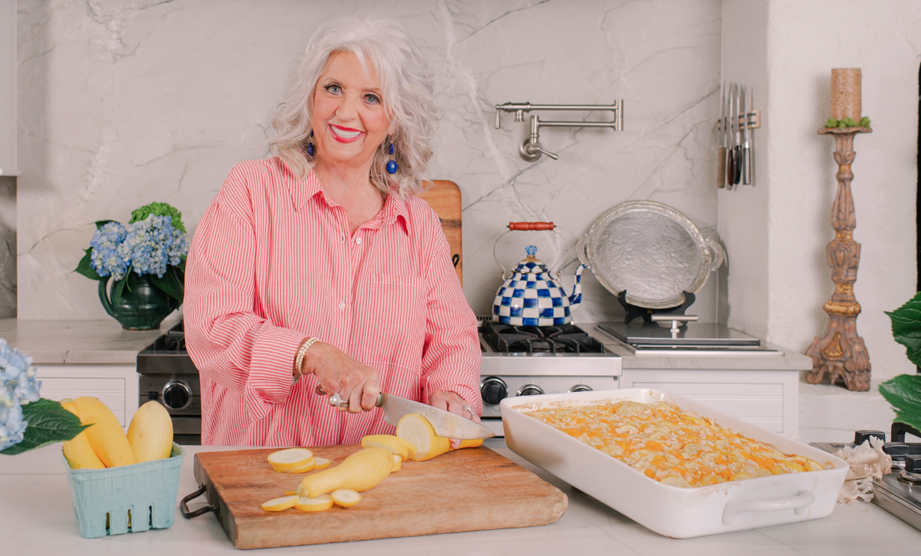There will be cages in your dog’s future. Some dogs seemingly take to them easily, while others fear being crated. What’s the secret to making your pup a lifelong cage-lover? As it turns out, it largely depends on his experiences with kennels during those crucial first months of life in which all puppies seem to learn everything.
For many puppies, their first experience with a kennel is when they are spayed or neutered. If so, understandably the cage may be associated with fear and post-operative pain. If their second cage experience is in a room full of nervous barking dogs while you are on vacation, the stress of being separated from you paired with the anxiety of being surrounded by other “inmates” in doggy “prison” may push your pup to the breaking point. Nervous colitis, gastritis, anorexia, vomiting, ceaseless howling, digging, or biting the cage door are many of the common physical manifestations of an overly anxious boarder.
Initially, a kennel is a sanctuary for sleep: a crib with blankets and favorite toys, softened by mom or dad’s soothing eyes the first several visits. The kennel is also utilized as a holding chamber, to be used whenever you need to teach them to hold their pee for five to ten minutes before taking them back outside again. His cozy spot quickly becomes the last place in the world your puppy would ever consider using the bathroom.
Later it becomes an indoor den, which keeps your mischievous teenager from developing bad habits whenever you are away, to neutralize bad behavior should it develop (i.e. counter surfing, sleeping on the couch, finding new things to chew on, and many, many more).
Another scenario to consider is this: you’re going on a week-long vacation with the kids, and it’s your nervous pup’s first time boarding. The next day you get the call you’ve been dreading—your puppy has been barking non-stop and digging incessantly when he isn’t having diarrhea in his kennel. “Can someone pick him up?” It’s a vacation ruined—another obvious and preventable event in the development of adult-onset separation anxiety.
You cannot undo the above scenario; the unmanaged anxiety associated with separation from you can last a lifetime. The key is to expect it, be a great teacher, and prepare your young companion for the great big world ahead. The payoff? You may very well enjoy guilt-free vacations for many years to come. Otherwise, expect a house sitter or other well paid personalized boarding option to be a part of your future – and expect a couple of your early vacations to be cut short.

Dr. John Schoettle was born in Pennsylvania and raised on Saint Simon’s Island in Coastal Georgia. A graduate from Auburn University, John has lived in Savannah since 1992. He founded Innovative Veterinary Medicine in 2006 and has been caring for Paula’s pups ever since. An animal lover like Paula, John is active in Savannah’s animal community and plays dad to a black lab named Blue and a Hurricane Katrina rescue dog named Bayou.








